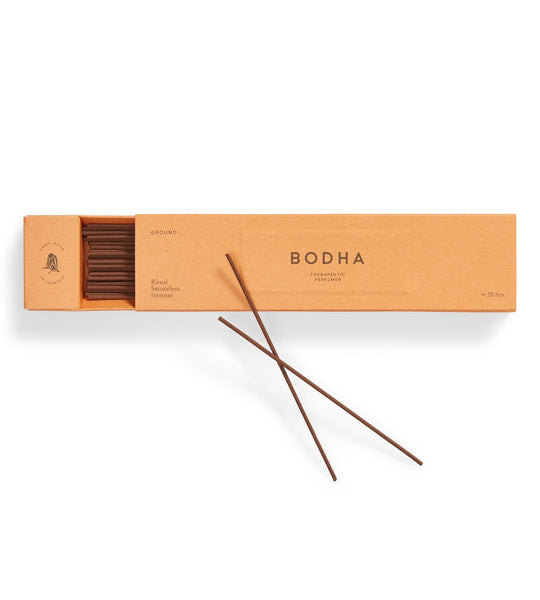Aromatherapy is in the middle of a renaissance and for good reason. Not only is using essential oils a pleasurable sensory experience it’s also a highly effective and natural way to take care of yourself.
If you’ve ever wondered what aromatherapy is and how it can help you, let this primer guide you towards the power of scent.
What is aromatherapy? Part science, part art, aromatherapy is the holistic science of using aromatic plant essences to heal the body, mind & spirit.
Although the roots of aromatherapy can be traced back more than 3,500 years, the term was coined in 1928 by French biochemist René-Marice Gattefose who conducted the first scientific studies establishing the therapeutic properties of essential oils.
By inhaling or absorbing essential oils you’re taking in highly concentrated active forms of flowers, leaves, barks and roots that naturally support your body. Recent studies by the USDA have also shown that pure essential oils could be the new antibiotics, helping to prevent illness and speed up recovery.
How does it work? The best way for your body to absorb the therapeutic components of essential oils is a combination of inhalation through the nose & absorption through the skin.When essential oils are inhaled odour molecules travel through your nose and send direct messages to your brain. Unlike all of our other senses, the link to your brain is direct & immediate making smell our most powerful sense. The best way to inhale essential oils is using a diffuser, which warms the oils in water and gently disperses them into the air.
When essential oils are applied to the skin they’re absorbed into your bloodstream and dispersed through your body. Pulse points, where blood vessels are closest to the skin’s surface, are the best place to apply oils because they allow for quicker absorption. When using essential oils on the skin make sure they’re diluted in a base oil or cream, as they’re too strong to use directly.
Some oils are also ingestible but this is an advanced practice and it’s best to speak with a registered aromatherapist first.
Which oils to use? Each essential oil has specific therapeutic properties so understanding which oils to use when is key.
If you’re feeling stressed or anxious oils like lavender, chamomile, and geranium will help to calm the nervous system and take you out of ‘fight or flight’.
Earthy woody oils such as vetiver, galbanum and patchouli, often associated with the root chakra, are especially good for introducing a grounding energy.
If you’re feeling tired and uninspired try oils with bright fresh notes from the citrus and herbaceous family such as bergamot mint and blood orange.
And if you have a spiritual practice the mystical oils of frankincense, sandalwood and myrrh can transport you with their historical ritualistic scents.
Always buy your oils in small quantities from reputable suppliers and store them away from direct light and heat. Citrus oils can go off so keep them in the fridge and change them out every six months.
If you’d like to go deeper you can get an aromatherapy treatment plan and personalised oil blends from a registered aromatherapist. Registered aromatherapists have trained for a minimum of 200 hours in the clinical and therapeutic aspects of essential oils and passed an exam which allows them to practise for 5 years at a time. To find one in your area check out the Aromatherapy Council.

